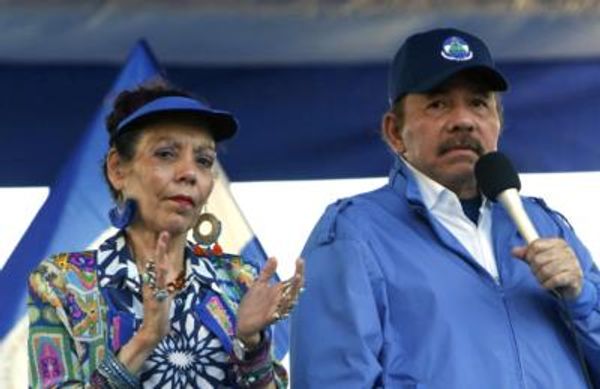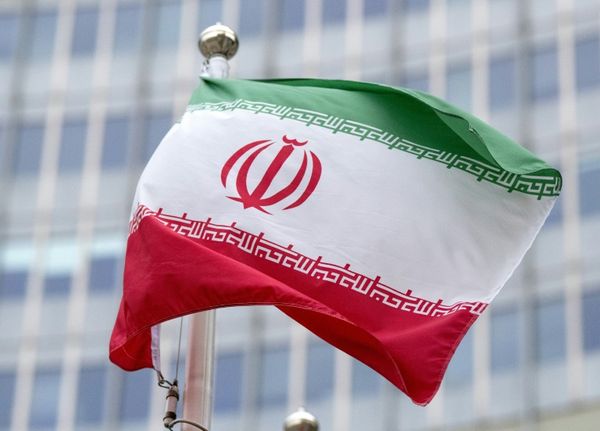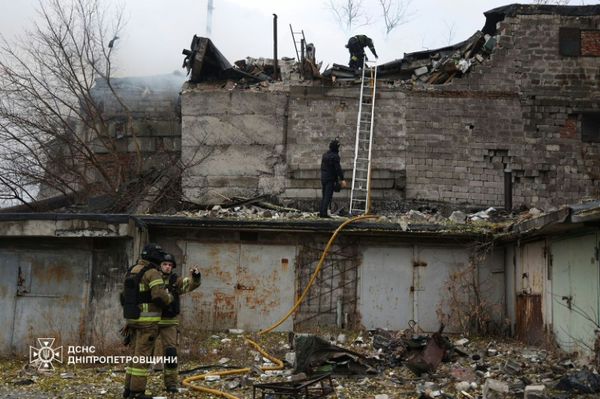Elon Musk has been everywhere for several weeks.
The billionaire is set to acquire Twitter (TWTR), its primary communications network for which he made a $44 billion bid on April 14.
This offer, at a price of $54.20 per Twitter share, was accepted by the board of directors of the social network.
Both parties are now working out the details of the transaction. It is not completely certain that the operation will be finalized. Questions about financing, mainly through a leveraged buyout, have been raised.
In the meantime, Musk, who has become one the biggest influencers on Twitter with more than 86.6 million followers, must now also deal with the consequences of his activity on the social network.
A New York judge has just rejected his request to ditch a settlement reached in September 2018 with the Securities and Exchange Commission.
That agreement was supposed to end an investigation into a tweet that caused the price of Tesla (TSLA) shares to fall, a company of which he is the chief executive officer.
2018 Settlement with SEC Maintained
According to this agreement, Musk was fined $20 million, with an additional $20 million in financial penalties for Tesla.
The serial entrepreneur also had to give up his title as Tesla's chairman, and a lawyer for the high-end electric vehicle manufacturer had to pre-approve his stock-related Tesla tweets before they were published.
That position was quickly dubbed the "Twitter sitter" by the media, a moniker which has stuck.
After accepting these terms, the billionaire recently escalated hostilities with the SEC, which he accuses of harassment and violating his free speech rights.
It should be noted that it is in the name of the principles of free speech that Musk has said he wants to acquire Twitter.
"As Musk states, '[e]conomic duress is an equitable doctrine which comes into play upon the doing of a wrongful act which is sufficiently coercive to cause a reasonably prudent person faced with no reasonable alternative to succumb to the perpetrator’s pressure,'” Judge Lewis Liman wrote in his ruling on April 27.
"But Musk’s argument that the SEC acted wrongfully amounts to one sentence: 'In 2018, the SEC took advantage of the position in which it put Mr. Musk'.”
"That conclusory assertion is insufficient to sustain a finding of economic duress," Liman said.
And then added: "Musk was not forced to enter into the consent decree; rather, “for [his] own strategic purposes, [Musk], with the advice and assistance of counsel, entered into these agreements voluntarily, in order to secure the benefits thereof, including finality.”
The judge insisted that "Musk cannot now seek to retract the agreement he knowingly and willingly entered by simply bemoaning that he felt like he had to agree to it at the time but now — once the specter of the litigation is a distant memory and his company has become, in his estimation, all but invincible —wishes that he had not."
Therefore, "the motion to quash the subpoena and to terminate the consent decree is denied."
Tweetgate And The 'Twitter Sitter'
The battle between the richest man in the world and the SEC dates back to Aug. 7, 2018, or what is called the Tweetgate.
On Aug. 7, 2018, Musk had written that he wanted to withdraw Tesla from the stock market at a price of $420 per share. Above all, he added that he had secured the financing for such a transaction.
That day Musk surprised the market by posting the following message, "Am considering taking Tesla private at $420. Funding secured."
"Nothing will ever change the truth which is that Elon Musk was considering taking Tesla private and could have," Alex Spiro, Mr Musk's lawyer told TheStreet in an emailed statement.
"All that's left some half decade later is remnant litigation which will continue to make that truth clearer and clearer."
Rising Tensions with The SEC
The SEC opened an investigation which resulted in a settlement in September 2018.
Under the settlement, Tesla also committed to pre-approve any of Musk's tweets that might have a potential impact on the stock.
For some shareholders the case is not closed — they have filed a class-action lawsuit, and the trial is set to begin on May 31.
This lawsuit claims said they were financially harmed by Musk's tweet and that Musk lied by saying he had the necessary funds to finance the operation.
Californian judge Edward Chen said on the evening of April 15 that Musk's statement that he had secured the funding was false.
But Tesla disclosed in a Feb. 7 regulatory filing that in November it had received a subpoena from the SEC requesting information related to the settlement.
That accord had mandated that the company vet Musk's tweets on information that could weigh on the stock.
The SEC also served Musk with a subpoena on Nov. 29 regarding a formal investigation into his Twitter activity. The subpoena prompted Musk to ask the judge to ditch the 2018 settlement.
"Musk may wish it were otherwise, but he remains subject to the same enforcement authority — and has the same means to challenge the exercise of that authority — as any other citizen," Liman said in his ruling.
"Indeed, to conclude otherwise would be to hold that a serial violator of the securities laws or a recidivist would enjoy greater protection against SEC enforcement than a person who had never even been accused of a securities law violation."
A Renewal of Unfriendly Fire
The new hostilities between Musk and the SEC relate to a poll organized by the businessman on his Twitter account last year.
"Much is made lately of unrealized gains being a means of tax avoidance, so I propose selling 10% of my Tesla stock. Do you support this?" Musk posted on Twitter on Nov. 6, 2021.
He continued: "I will abide by the results of this poll, whichever way it goes."
Since then, the two camps have been clashing again. Musk even suggested on Twitter that he was building a case against the regulator.







